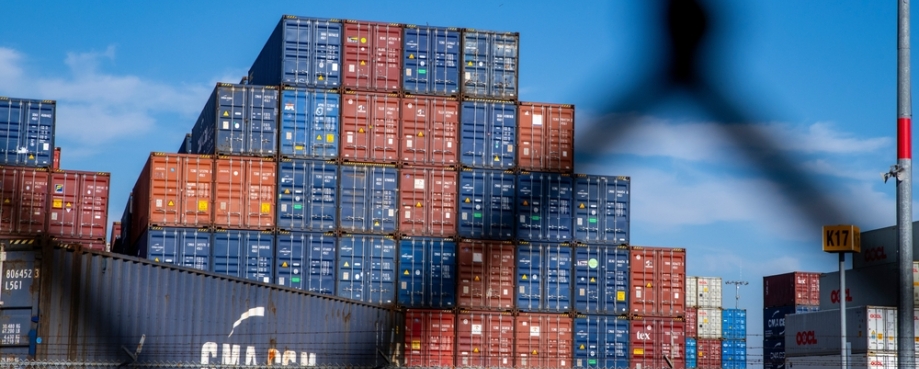
Over a week has passed since the Trump Administration announced a slew of tariffs sparking what many predict will be a global trade war. While the Administration has since pressed pause on most tariffs – setting them at 10% for most countries and giving them 90 days to negotiate new deals – reactions by businesses are already affecting workers making the worlds’ goods.
Companies exporting and importing to the US will have spent the last week scrambling to understand the impact to their business. Few brands and retailers will go unscathed should these changes remain, with access to the world’s largest economy coming at higher price than before. In spite of this uncertainty, responsible businesses must consider how workers throughout their supply chains could be affected, and work in partnership with buyers, suppliers, workers and their representatives to limit the potential harm caused.
In just the last week, British car manufacturers paused shipments and European pharmaceutical companies warned of exodus, while US-based tech, travel, finance and fashion giants faced huge falls in share price and market value. But it’s countries like China, Cambodia, Bangladesh, Sri Lanka, Vietnam and India, for whom the US is a major trading partner, that face the worst effects if these tariffs withstand the next 90 days. Reports of US clothing retailers immediately delaying orders and demanding suppliers absorb the costs of tariffs have already made headlines. These actions place increased pressure on suppliers to reduce costs and stay competitive, placing workers at even greater risk of human rights violations in an industry where low wages, long hours and other forms of abuse are already far too common. After several years of high inflation, this downward pressure will have devastating impacts for workers and their families.
While the next few months and years of global trade remain uncertain, businesses have a responsibility to adhere to international labour standards, as captured in the ETI Base Code, and apply the UN Guiding Principles, particularly during periods of heightened human rights risks.
ETI urges all responsible businesses to:
- Engage responsible sourcing teams, commercial teams and suppliers, to understand the potential impacts of tariff announcements on business operations and workers.
- Consider how any business response to tariff announcements would impact workers in the supply chain. Ensure this assessment informs business decisions, with the aim of preventing negative impacts to workers, and is carried out before action is taken.
- Where order adjustments are needed, ensure these are manageable and realistic, and in line with ETI’s recommended responsible purchasing practices.
- Give particular consideration to:
- Suppliers’ need for stability in commercial relationships to provide stable employment for workers.
- Suppliers’ financial fragility in a context that is already challenging and volatile, and the amplified impact of any business commercial decisions.
- The impacts of tariffs on product costing and ability to pay wages.
- The need to go above and beyond contractual agreements, which are typically not sufficient to protect workers from negative impacts.
- Meaningful stakeholder engagement to build a comprehensive understanding of potential impacts.
Extreme supply chain disruption is not new. Covid, conflict, and climate change events have taught hard lessons. Knee jerk cancellations, reductions and delays have real negative impacts for low-income workers with limited financial and social protection, and these impacts hit harder for women and marginalised groups. But it’s also bad business, because suppliers remember well who stands by them in difficult times.
Responsible business conduct is crucial to improve working conditions, sustain decent jobs and maintain long-term business success. Collaboration between buyers, suppliers, workers and their representatives, NGOs and partners remains paramount. ETI will continue to monitor this evolving situation, facilitate tripartite collaboration and provide recommendations for responsible business conduct.
